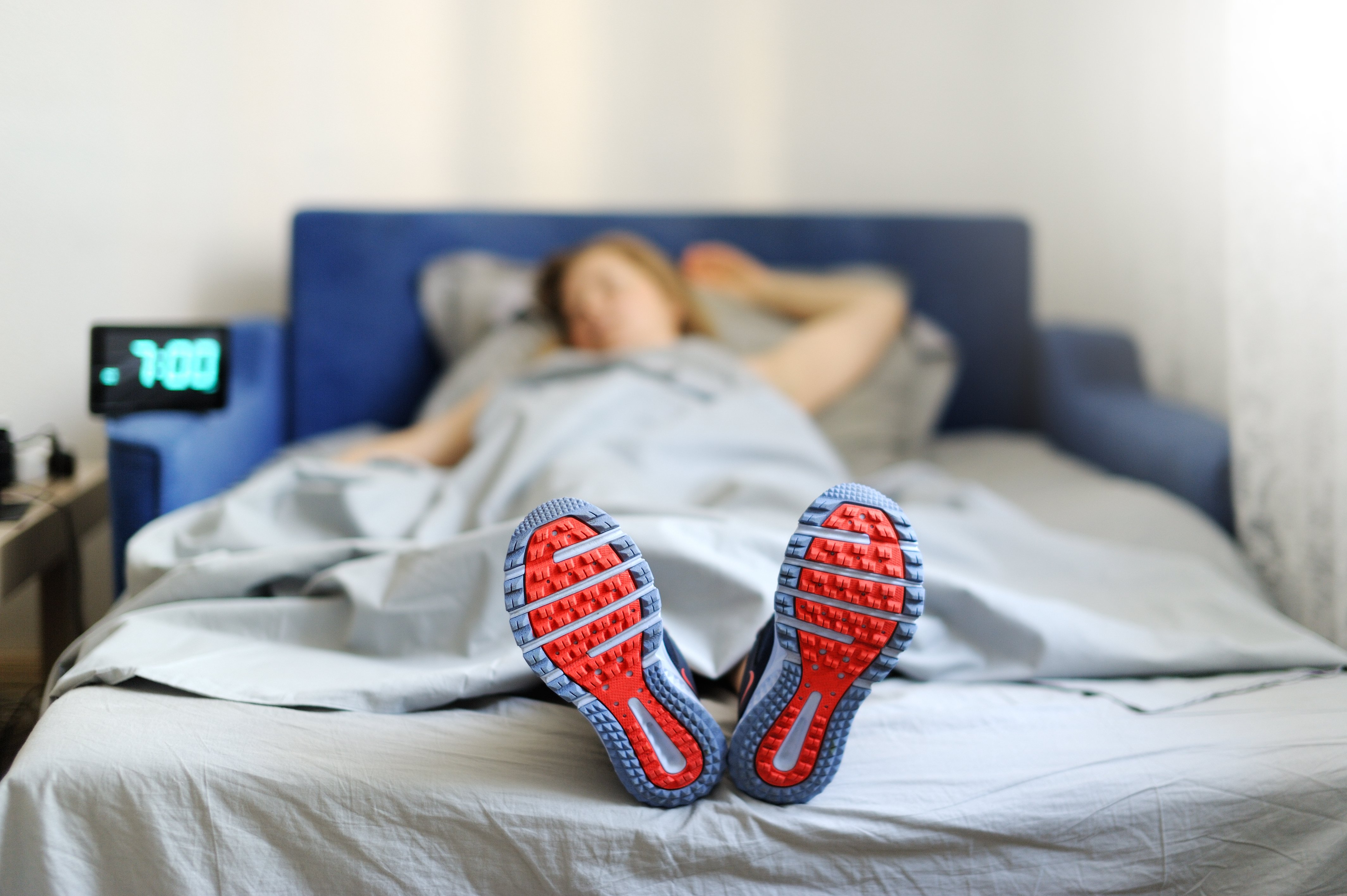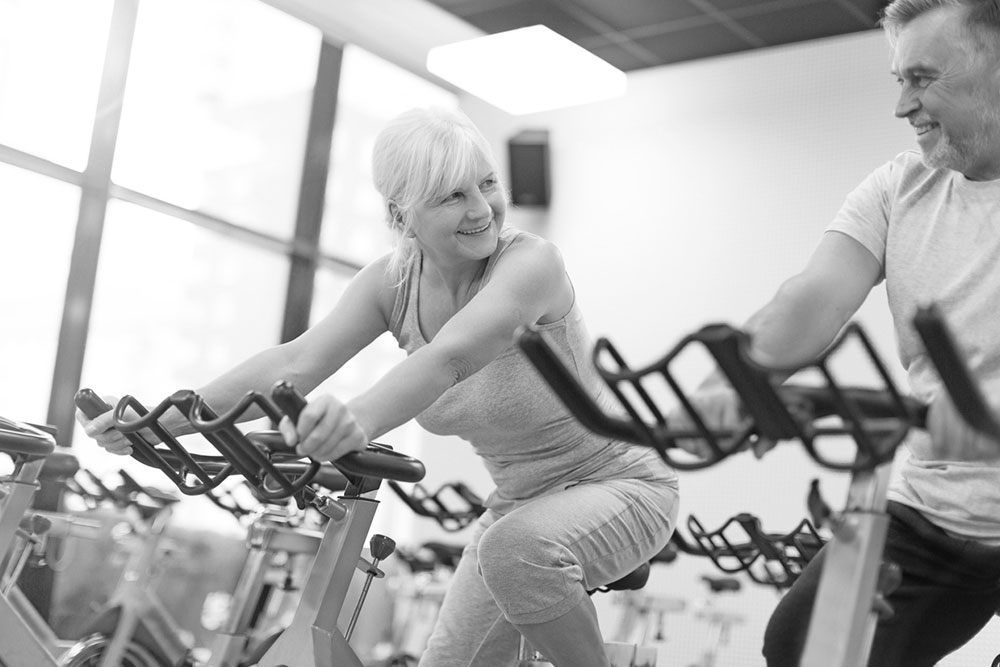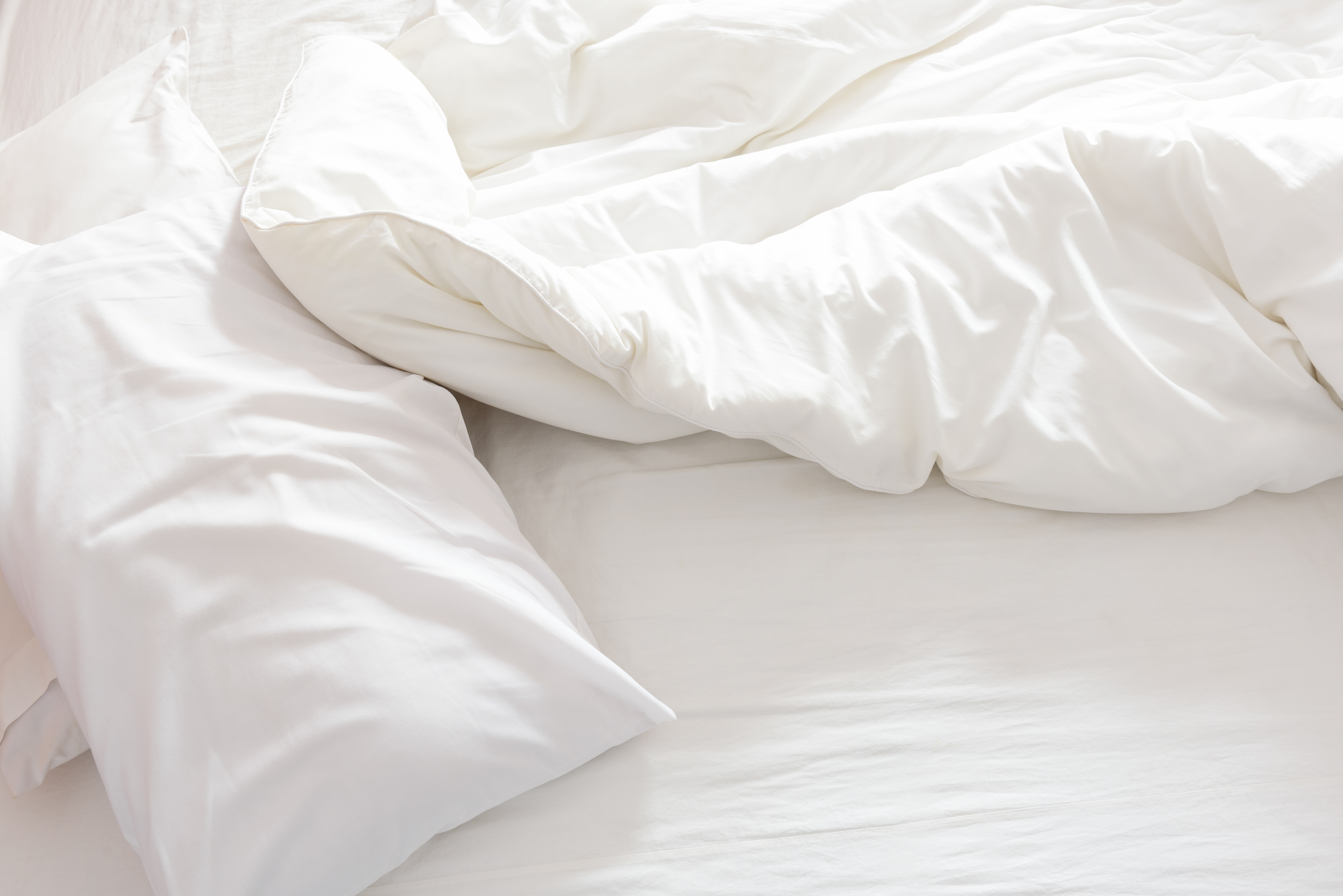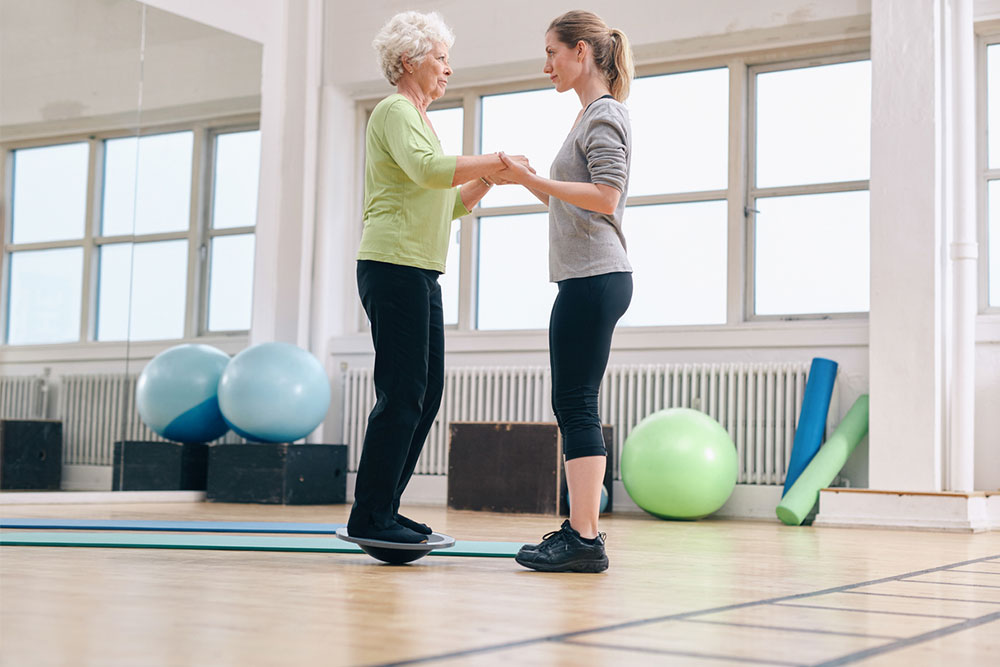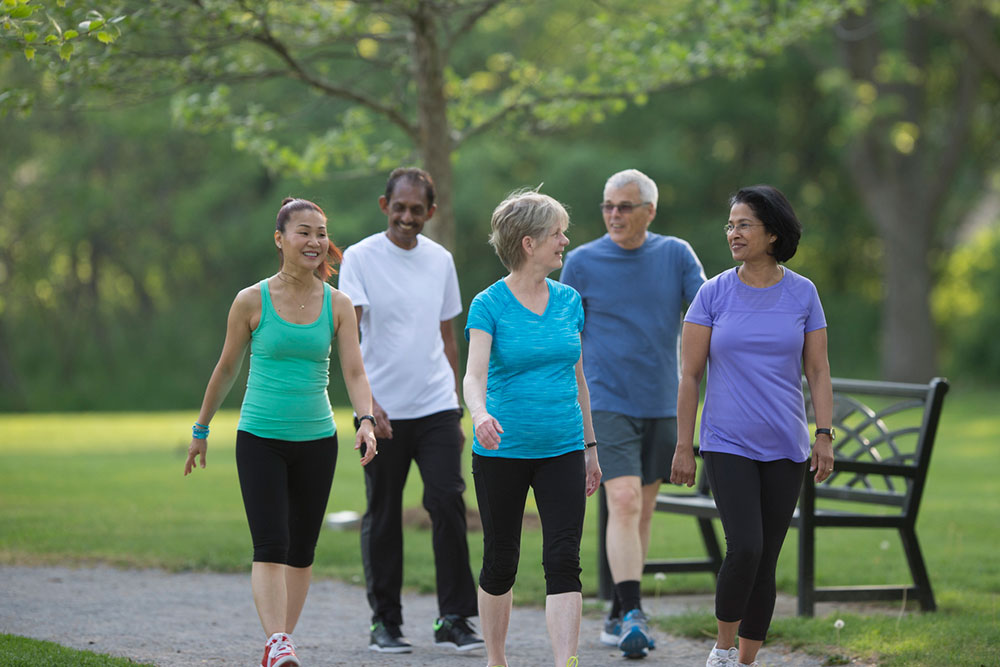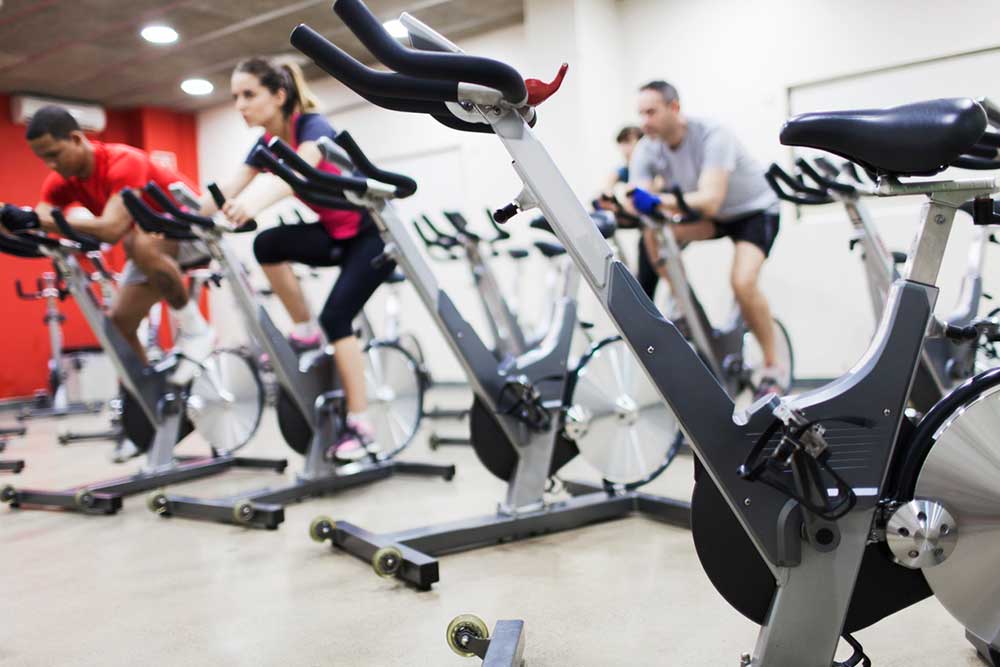Exercise and Sleep Quality – Sleep Series Part 4
Gillian White, MSc., PhD (Candidate), University of Toronto, Graduate Department of Exercise Sciences Sleep Stats And General Information – Sleep Series Part 1 Sleep Physiology – Sleep Series Part 2 Sleep And Health – Sleep Series Part 3 Exercise and Sleep Quality – Sleep Series Part 4 There is lots of research that shows improved

